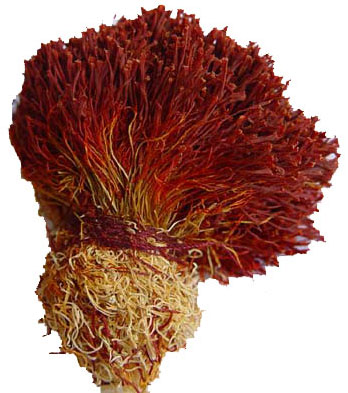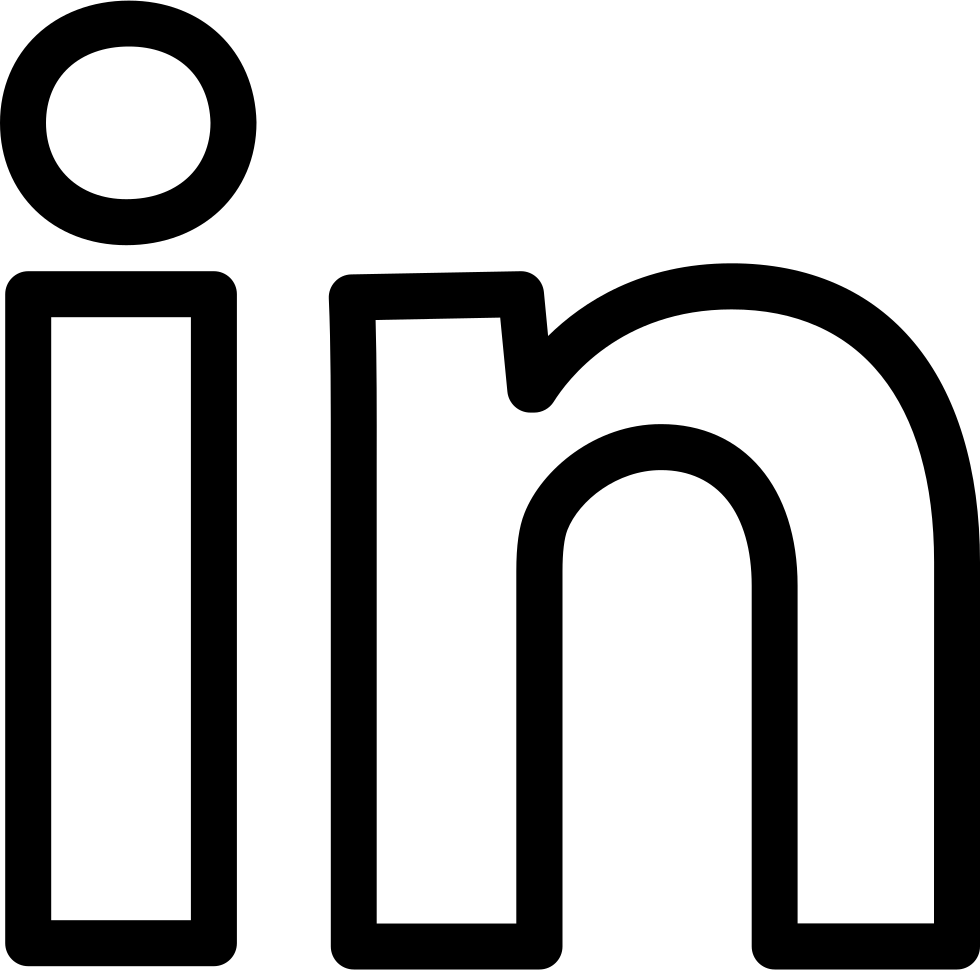A Complete Guide to Success
The UAE is one of the fastest-growing markets for premium and luxury products, including saffron. As one of the most sought-after spices in the world, saffron has become increasingly popular in the UAE, not just for its culinary use, but for its health benefits and cultural significance. For businesses looking to export saffron to the UAE, understanding market trends, legal requirements, and effective strategies is essential for success. This guide will provide you with the key steps to exporting saffron to the UAE.

Why the UAE is a Prime Market for Saffron
The UAE is a hub for international trade, making it an ideal market for high-quality saffron. The demand for saffron in the UAE is driven by several factors, including its use in traditional dishes, beverages, and even beauty products. Furthermore, the growing health-conscious population seeks the numerous medicinal benefits saffron offers, including its antioxidant properties and its ability to improve digestion and boost mood. As the UAE is a cultural melting pot, saffron is also used in a variety of cuisines, making it a versatile and essential ingredient in many households and restaurants.
The Growing Popularity of Saffron
Saffron is highly valued in the UAE for both its luxurious flavor and health benefits. It is used in many traditional dishes, including biryanis and desserts like saffron-infused ice cream. Additionally, the UAE’s strong focus on wellness has contributed to the increasing use of saffron in health supplements and beauty products. These factors make the UAE a prime market for exporters looking to capitalize on the growing demand for high-quality saffron.
Key Considerations When Exporting Saffron to the UAE
To successfully export saffron to the UAE, businesses need to adhere to specific regulations, quality standards, and packaging requirements. Understanding these aspects will ensure smooth entry into the market and help your product stand out from the competition.
Compliance with UAE Import Regulations
The UAE has strict regulations for importing food and spices, including saffron. All food products, including saffron, must comply with the UAE’s food safety standards, which are governed by the UAE’s Ministry of Climate Change and Environment (MOCCAE). The saffron you are exporting must meet UAE specifications for quality, hygiene, and food safety. Additionally, exporters must ensure that their saffron is free from contaminants such as pesticides or chemicals.
https://saffronexporter.com/does-saffron-increase-serotonin/546/
Certification and Documentation Requirements
To export saffron to the UAE, it is important to provide the necessary certifications and documentation. These may include certificates of origin, quality assurance certificates, and food safety certifications. Certification from international bodies such as ISO or HACCP (Hazard Analysis Critical Control Point) will help boost the credibility of your product. Furthermore, ensure that your saffron packaging adheres to UAE’s labeling requirements, which include clear product details in Arabic and English, such as ingredients, expiration dates, and origin.
Proper Packaging and Labeling
Packaging plays a critical role in saffron exports to the UAE. Saffron must be packed in airtight containers that prevent contamination, moisture, and light, which can degrade its quality. It is essential to use high-quality, food-grade packaging materials. Additionally, proper labeling is necessary to meet the UAE’s import regulations. The packaging should include clear information on the product’s origin, storage conditions, weight, and other relevant details.
Marketing Saffron in the UAE
Successfully marketing saffron in the UAE requires understanding local consumer behavior and leveraging the right platforms for promotion. The UAE is a sophisticated market with discerning consumers who appreciate quality and authenticity.
Targeting the Right Consumer Segment
In the UAE, saffron is primarily used by high-end consumers, including gourmet chefs, restaurants, and health-conscious individuals. Marketing your saffron as a premium product can appeal to these consumer segments. Additionally, emphasizing the authenticity and origin of your saffron—whether it’s Iranian, Spanish, or Afghan—can help differentiate your brand in a competitive market. Packaging your product as a luxury item with eco-friendly or organic certification can further boost its appeal.
E-Commerce and Retail Channels
The UAE has a strong digital presence, with a high rate of online shopping. Platforms like Amazon UAE, Carrefour, and Noon are popular online marketplaces where saffron can be sold. Moreover, supermarkets and specialty food stores in the UAE also provide an ideal retail space for high-quality saffron. Working with local distributors or agents can help establish connections and provide valuable insights into the local market.
Social Media and Influencers
Social media is a powerful tool in the UAE for brand promotion. Platforms like Instagram and Facebook are widely used, and collaborating with food bloggers, chefs, or influencers can help create awareness and drive demand for your saffron. Highlighting recipes, health benefits, and the premium quality of your product can attract attention and boost sales.






